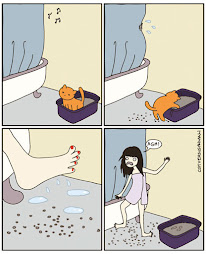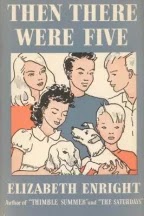Van Dine famously wrote that murder is the only satisfactory problem for a full-length mystery. And generally speaking, most of the Golden Age mystery writers agreed with him. Sayers challenged the notion with a suicide and a second-degree murder. She also wrote a few short stories--as did others--in which theft was the main mystery.
However, generally speaking, the form relies not only on murderers but on Columbo type murderers who plan meticulously and cover up their acts and even murder again.
And many, many mystery shows follow suit.
The Auditors, however, makes accounting malfeasance the dirty secret. There is a murder in the wings and several attempted murders/assaults. But the main issue is people stealing money for their own greedy reasons.
And it works!
It works because the stakes are fairly high. Entire lives can be derailed by the scheming, grifting, and lying carried out by management and employers.
In fact, one of the reasons that I like these heroic accountants so much is that their concern about money is not some manifestation of greed. Quite the opposite! By focusing on how things get paid for, they show a greater concern for real people and real solutions than so-called compassionate and sensitive people who look down on such "penny-pinching." The theme here is one I tackled in my story "Golden Hands," a take on Rumpelstiltskin: why assume that the king doesn't have good reasons to want more money?
In The Auditors, the main character, Shin Cha II, is a man on a mission. He appears ruthless but is motivated by an exact understanding of the crimes and their cost. His prodigy, Goo Han Soo, is a friendly, kind young man who comes to understand his mentor better.*Spoilers.*
The Auditors also supplies good villains; in fact, the eventual primary villain's psychology is disturbingly familiar these days: I'm so righteous, my sins are necessary to combat the unrighteous.
And The Auditors gives us some ambiguity. The department is semi-pitted against a member of upper management, Hwang Dae-woong, who turns out to be a supporter in the end.
The tension between Shin Cha II and Hwang Dae-woong is fantastic since Shin Cha II is a "by the book" operator while Hwang Dae-woong doesn't see the harm is some nepotism, some minor grifting, some handouts. To him, that's the oil that keeps business running. However, he is inherently a moral guy: some actions truly are unimaginable. The two characters are frenemies and provide some of the best and funniest scenes in the series.So The Auditors is well-crafted. And it provides a nice variation on the detective hero!
Another great accountant character is Seiichirou Kondou from The Other World's Books Depend on the Bean Counter. One of the best scenes in the light novels and manga is when Seiichirou must persuade the court that his ideas about how to handle the miasma will actually save money--a long-term solution as opposed to housing and clothing and rewarding the Holy Maiden. Another great scene is when he persuades the prince to impress the Holy Maiden by using his income to do stuff for her.
Accountants in both series are cool. However, in terms of sheer dramatic entrances, Shin Cha II wins here!




























.JPG)






















